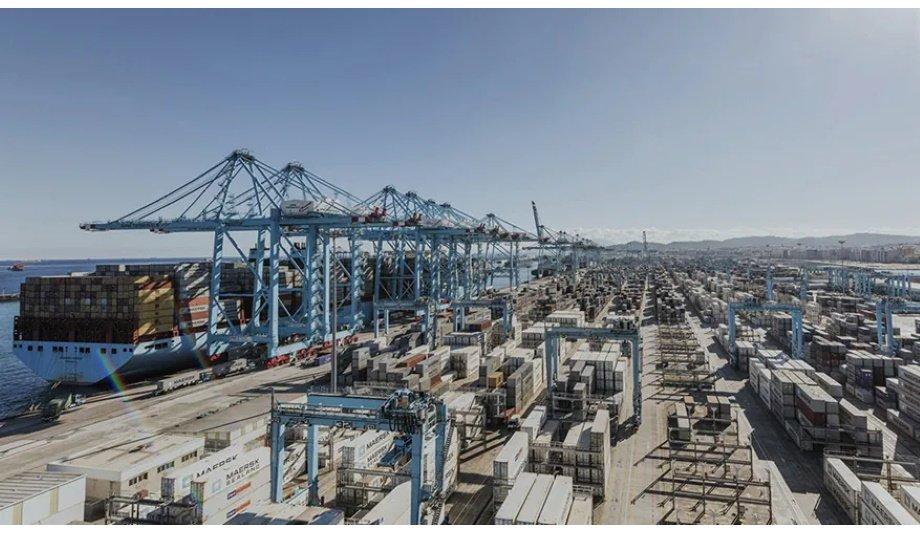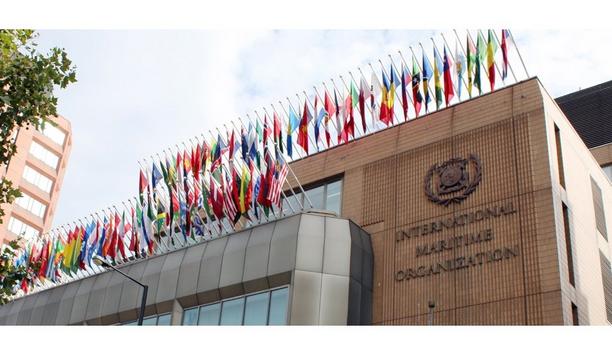Market sentiments continue to remain strong across major economies in West and Central Asia, driven primarily by strong demand for consumer products. Despite growing concerns over the spread of the Omicron variant of the COVID-19 virus, the region has seen varied reactions across the logistics sector, over the last month.
A truckers’ strike created supply chain disruptions in Bangladesh, while in India, a dip in fuel prices brought welcome relief for both businesses and consumers alike.
Infrastructure bottlenecks and labour shortage impact ports
Infrastructure bottlenecks and labour shortage continue to impact key ports
Infrastructure bottlenecks and labour shortage continue to impact key ports, across A.P. Moller – Maersk’s (Maersk) global network. About 10 - 20% of global capacity is being absorbed, due to higher waiting times at present, despite all vessel capacity being deployed.
Tender season is in full swing for many of the customers, with long-term ocean rates rising by 16.3% in November 2021, as compared to the previous month. A.P. Moller - Maersk continues to be the most reliable carrier in the region, with schedule reliabilities of 83% for main trade lines between the region and Europe.
Rail freight sees massive boost in infrastructure
Rail freight is also seeing a massive boost in infrastructure, as governments across most of the region invest in creating dedicated freight corridors and expanding their network. For the year - 2022, A.P. Moller - Maersk’s Chief Executive Officer (CEO), Soren Skou, sees global container demand growing much faster than previously expected.
Over the coming year, A.P. Moller - Maersk is going to work on several developments, which are designed to enhance the company’s customers’ supply chain experience.










